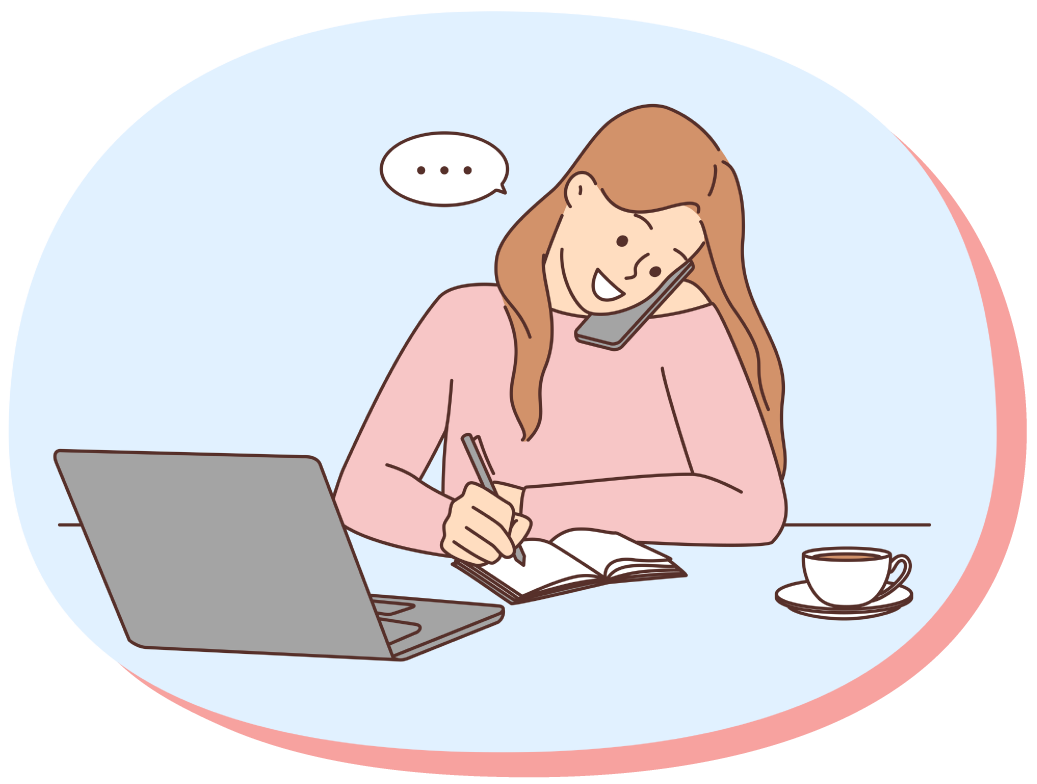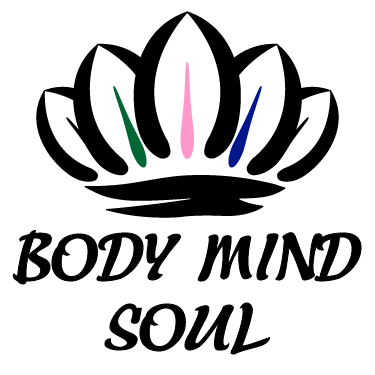Understanding Eating Disorders: Signs, Symptoms, and How to Help
Eating disorders are serious mental health conditions that affect millions of people worldwide. They can have devastating physical and emotional consequences, yet they often go unnoticed or misunderstood.
Understanding the signs and symptoms of eating disorders is crucial in offering support and intervention. In this blog post, we will explore the different types of eating disorders, their warning signs, and how you can help someone struggling with one.
What are the different types of Eating Disorders?
Eating disorders come in various forms, and people may have some traits from different ones. The most common eating disorders include:
- Anorexia Nervosa – Characterized by an intense fear of gaining weight, severe food restriction, and a distorted body image.
- Bulimia Nervosa – Involves cycles of binge eating followed by purging behaviors such as vomiting, excessive exercise, or laxative use.
- Binge Eating Disorder (BED) – Defined by episodes of excessive food consumption without purging, often leading to feelings of guilt and loss of control.
- Avoidant/Restrictive Food Intake Disorder (ARFID) – A condition where individuals limit their food intake due to sensory sensitivities, fear of choking, or other non-weight-related reasons.
- Other Specified Feeding or Eating Disorders (OSFED) – A category that includes various disordered eating behaviors that do not fit into the above categories.
What are the signs and symptoms of Eating Disorders?
Recognizing the warning signs of an eating disorder can be challenging, as those affected often go to great lengths to hide their behaviors. It’s important to know that eating disorders are not simply just about food or body image, there are a whole range of signs and symptoms including:
- Drastic weight changes (loss OR gain)
- Obsession with food, dieting, or body image
- Skipping meals or avoiding eating in front of others
- Excessive exercise or rigid food rituals
- Frequent trips to the bathroom after meals
- Mood swings, irritability, or social withdrawal
- Feeling guilty or ashamed after eating
If you are struggling with any of the above, or need a chat:
How do I Get Help If I Think I Have an Eating Disorder?
If you suspect you have an eating disorder, or if you suspect you are beginning to develop one there are several steps you can take right now to start getting the help you deserve:
- Have Empathy for Yourself – Eating disorders are complex and difficult, you do not need to feel shame, embarrassment or guilt about it.
- Reach Out – Reach out to a doctor, therapist, or registered dietitian who has experience with eating disorders. Or, if you feel like I am the right fit, reach out to me today.
- NEDA – Visit National Eating Disorders Association (NEDA) for resources, support lines, and guidance on the next steps
How do I Help Someone Struggling with An Eating Disorder?
If you suspect someone you know is struggling with an eating disorder, here are some steps to take:
- Educate Yourself – Learn about eating disorders to understand their complexity and challenges.
- Start a Compassionate Conversation – Express concern in a non-judgmental way, emphasizing your care and support.
- Avoid Food and Weight Talk – Focus on feelings and behaviors rather than their weight or eating habits.
- Encourage Professional Help – Eating disorders require medical and psychological treatment. Encourage them to seek help from a doctor, therapist, or support group.
- Be Patient and Supportive – Recovery is a long journey. Offer ongoing support, avoid criticism, and celebrate small progress.
Final Thoughts
Eating disorders are complex, but early intervention and support can make a significant difference in recovery. By understanding the signs, symptoms, and ways to help, we can create a more supportive and compassionate environment for those struggling with these conditions. If you or someone you know needs help, reach out today using one of the methods below.
Awareness and empathy can save lives. Let’s work together to break the stigma surrounding eating disorders and offer hope to those in need.

Get In Touch!
Whether you are concerned for a loved one, or need some guidance; contact me today for an absolutely no-obligation chat.
First contact is the hardest part; I’m here to help you in any way I can.
07740549909

